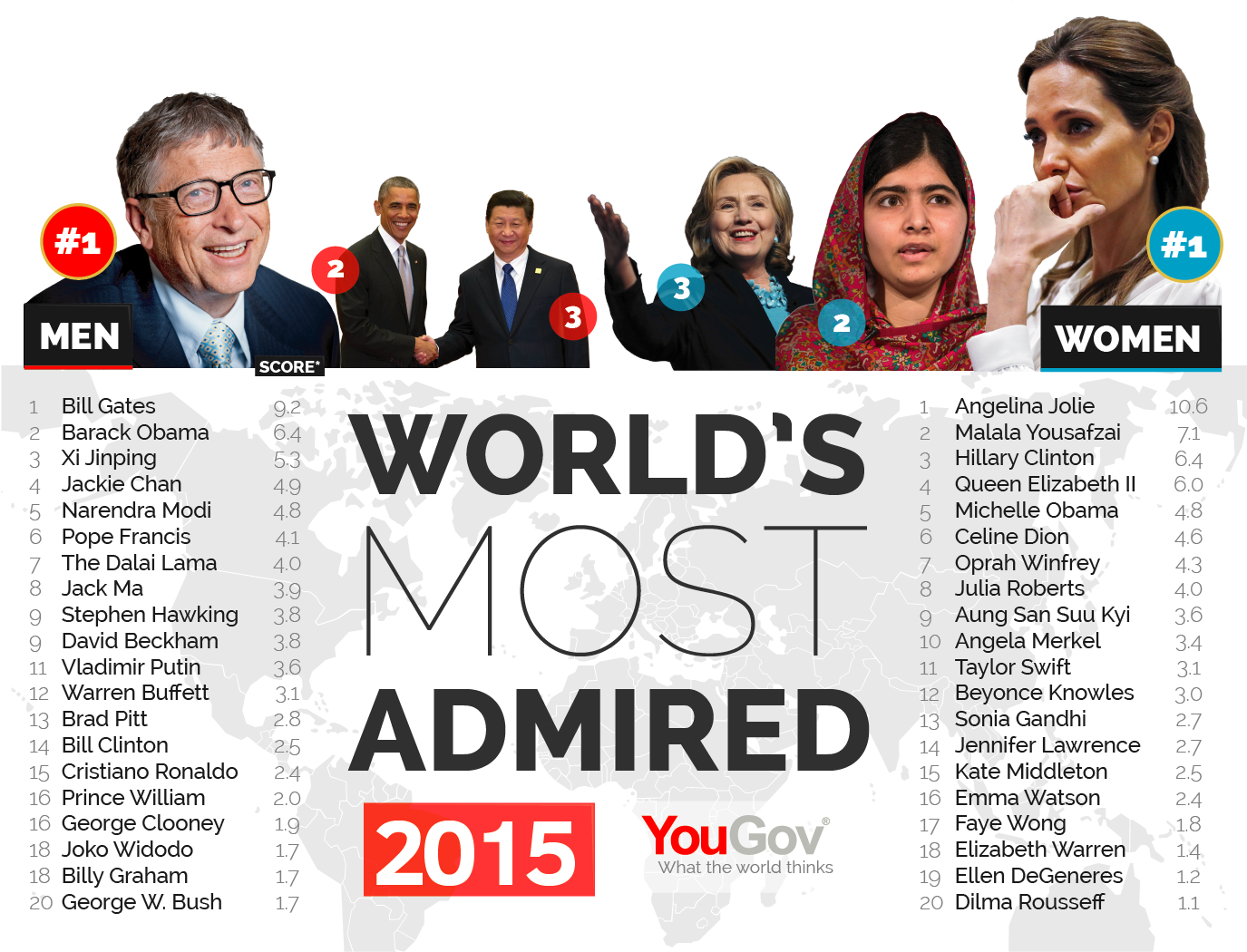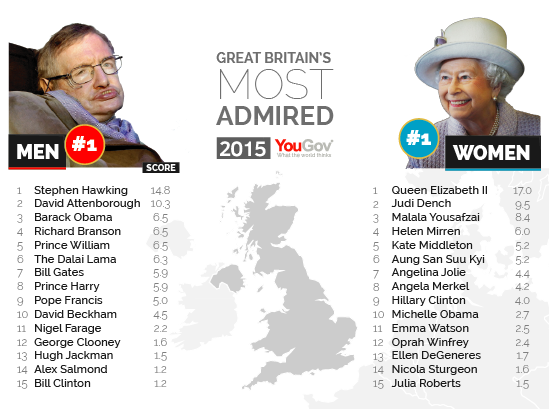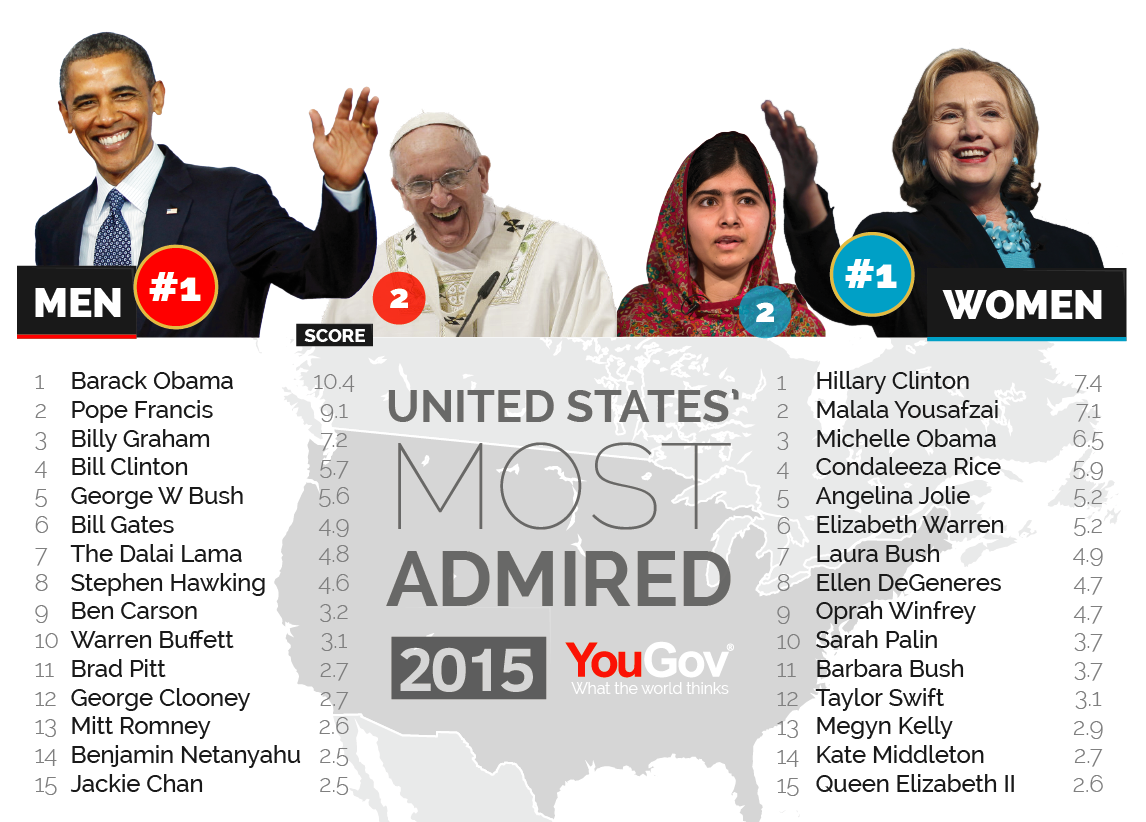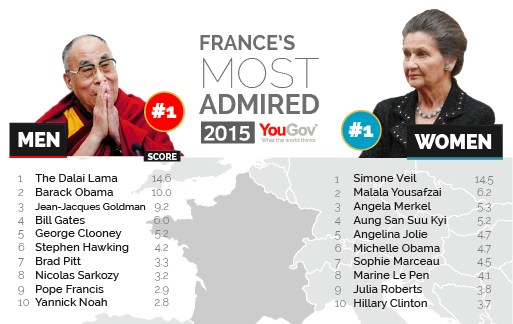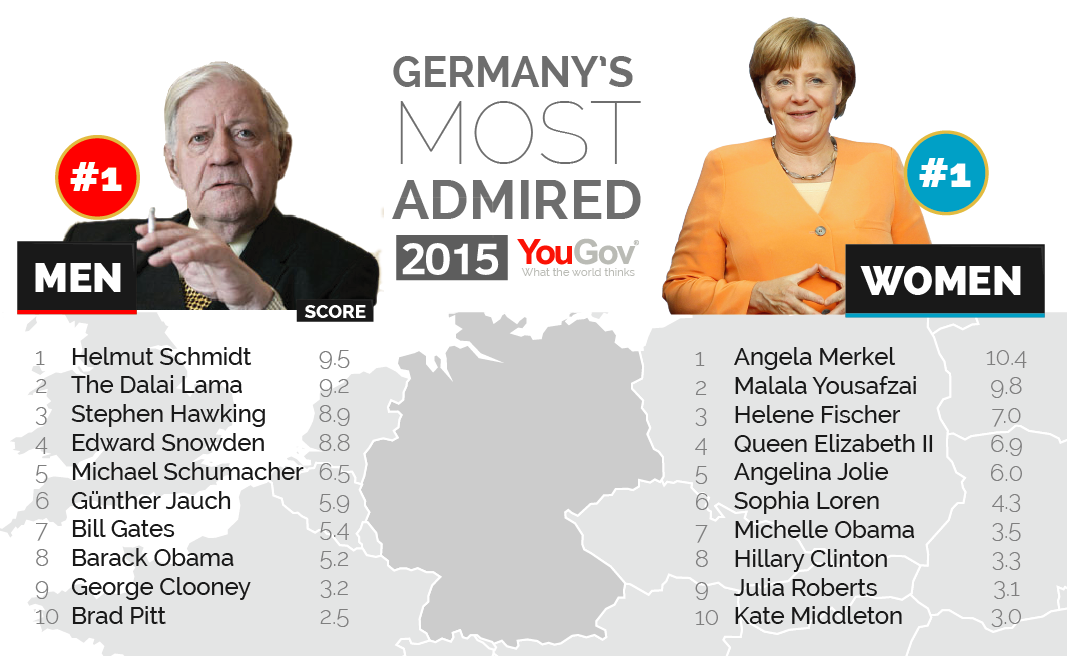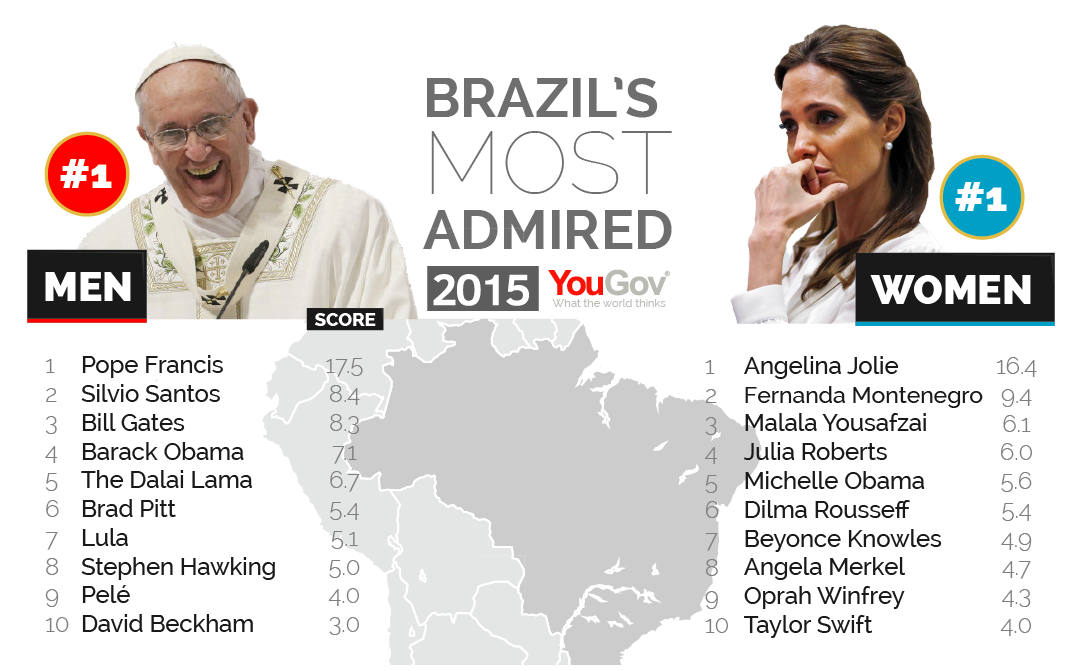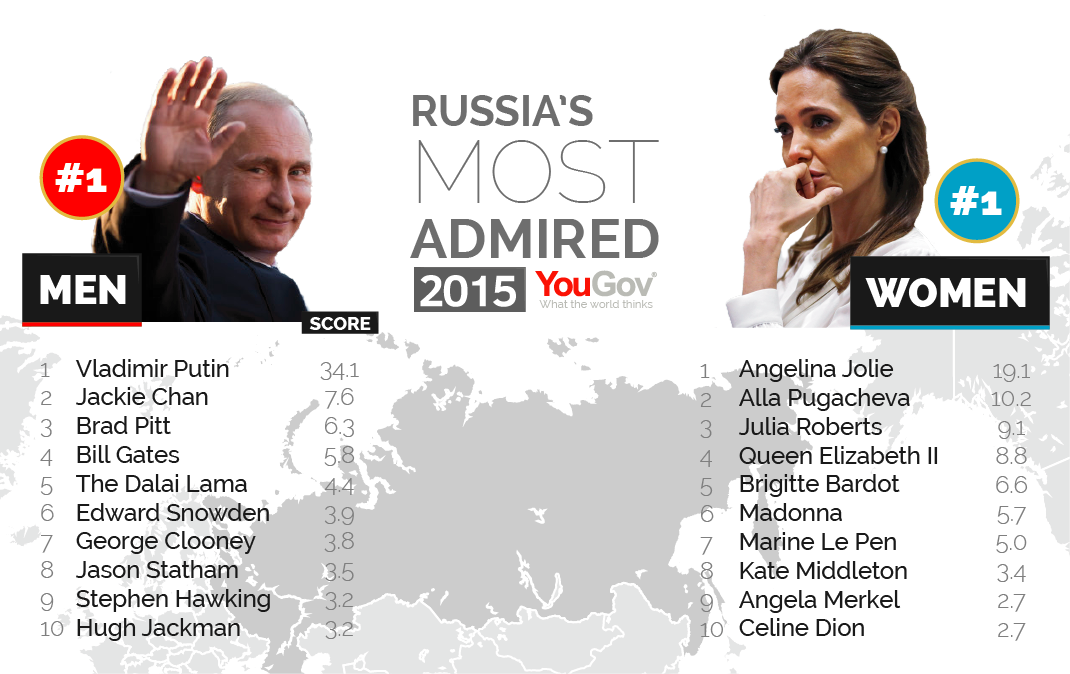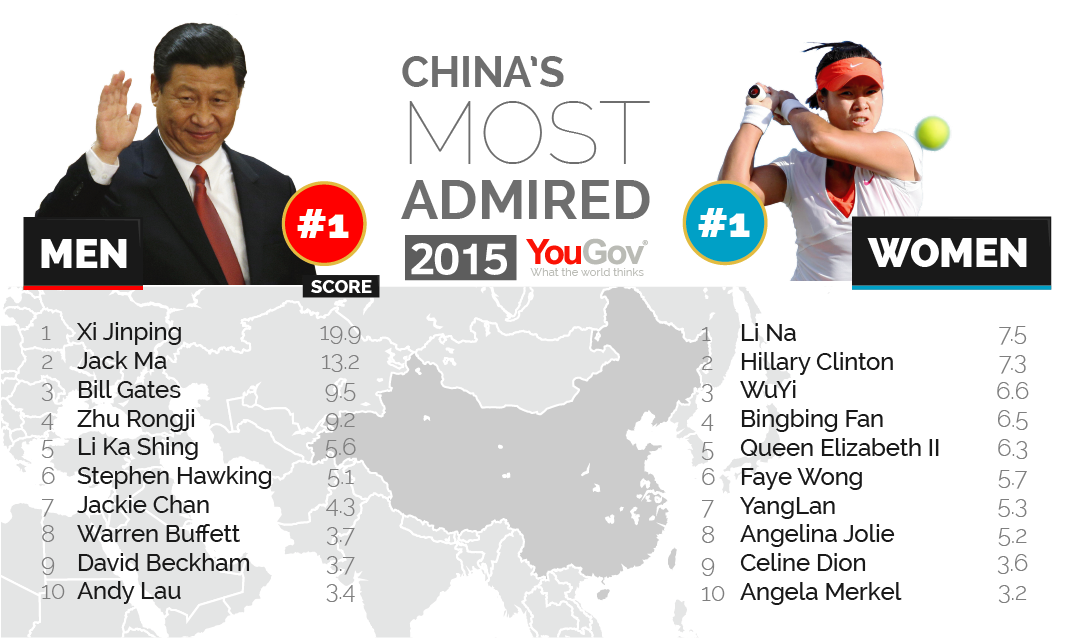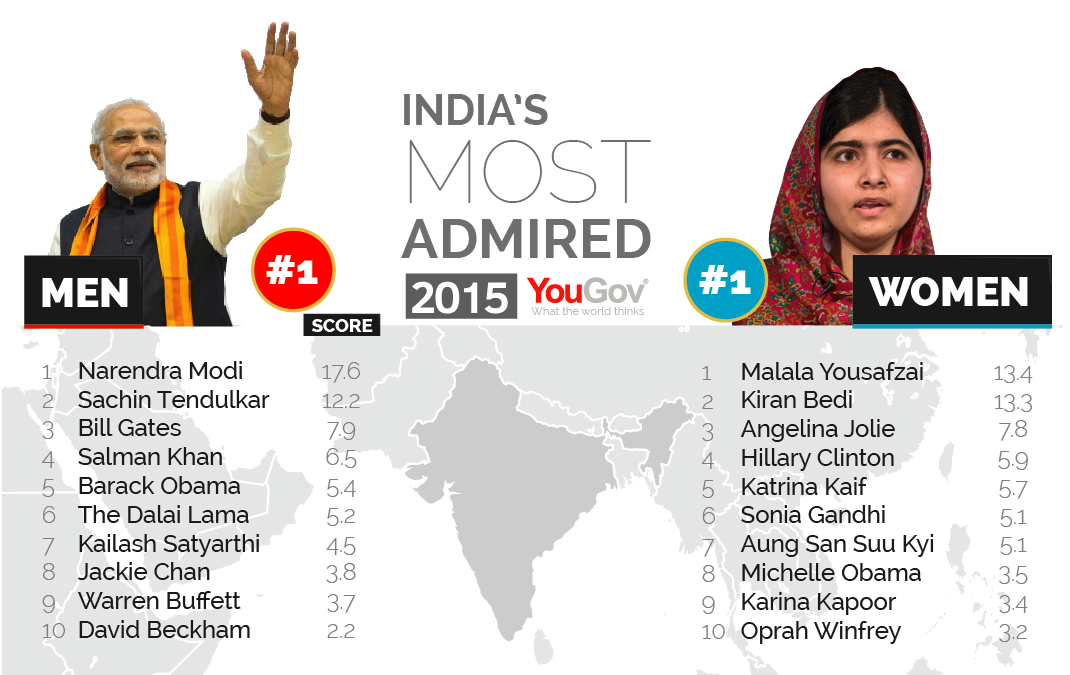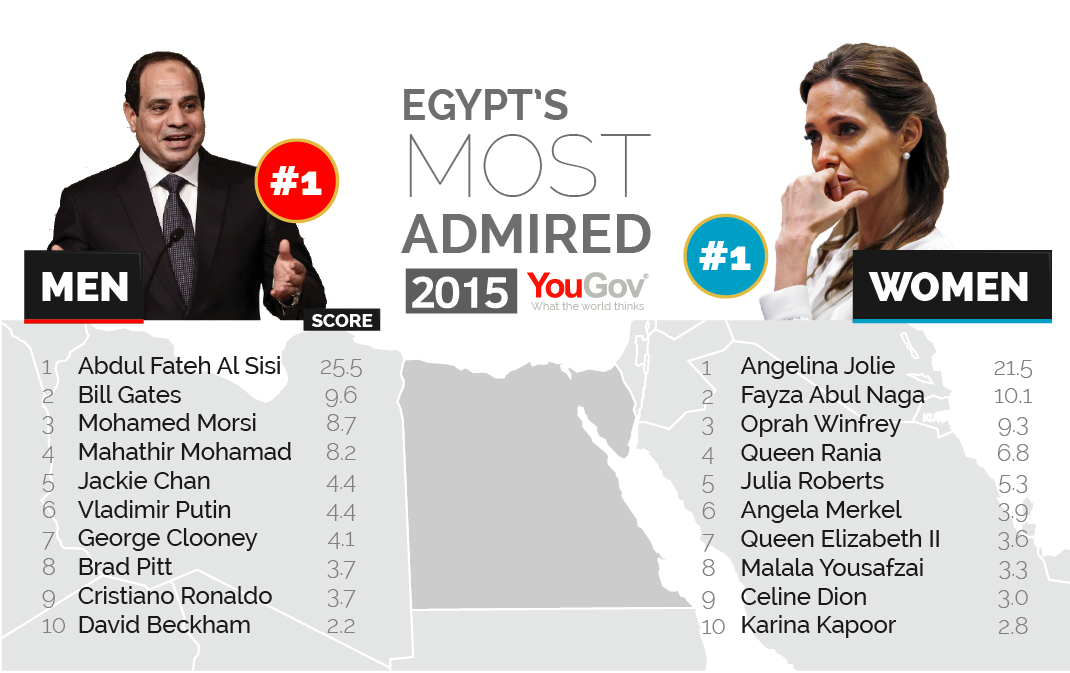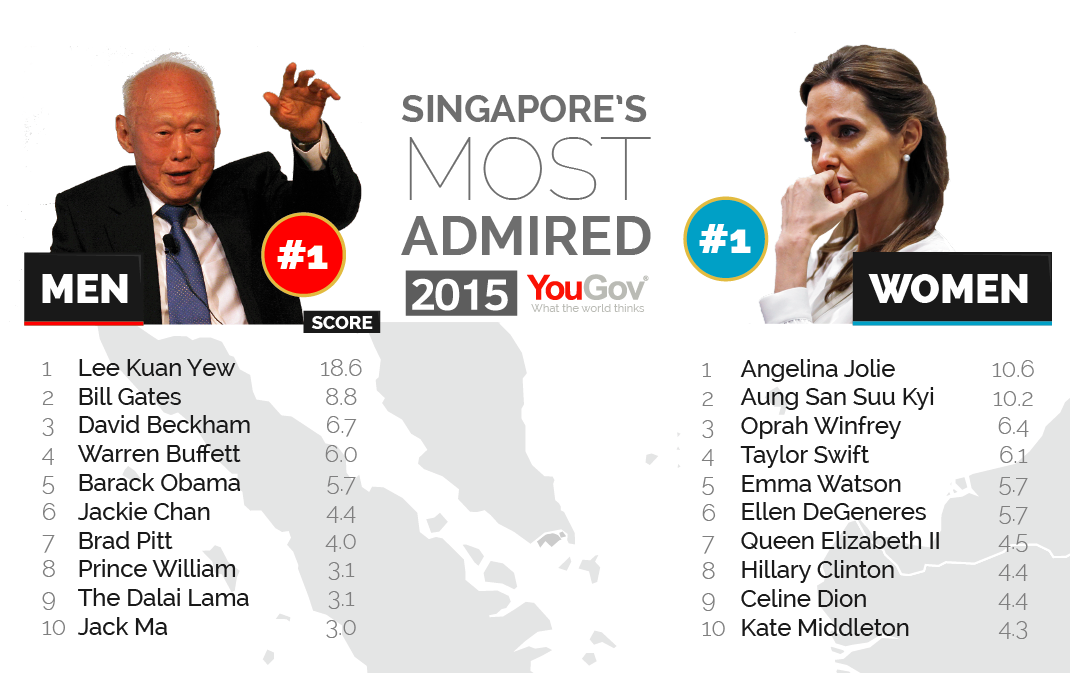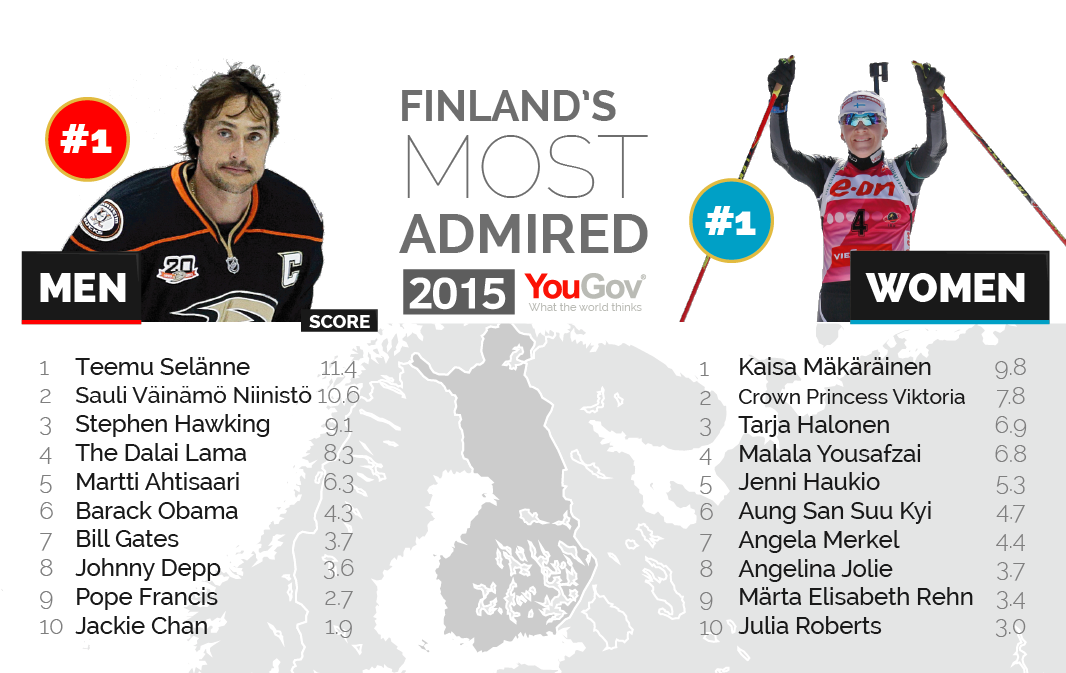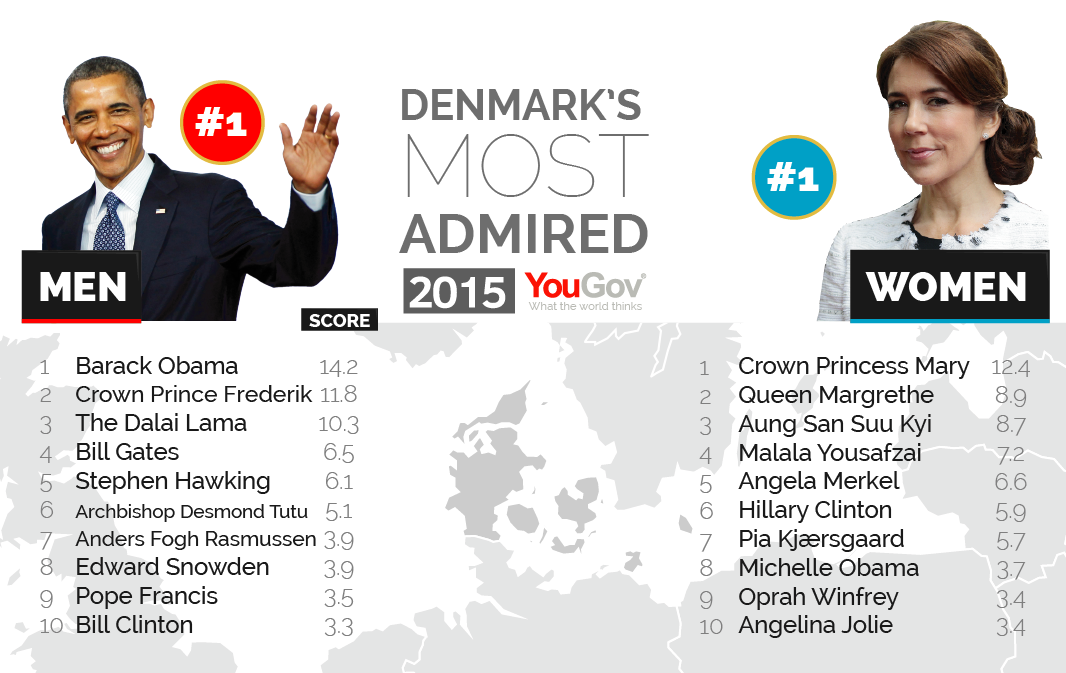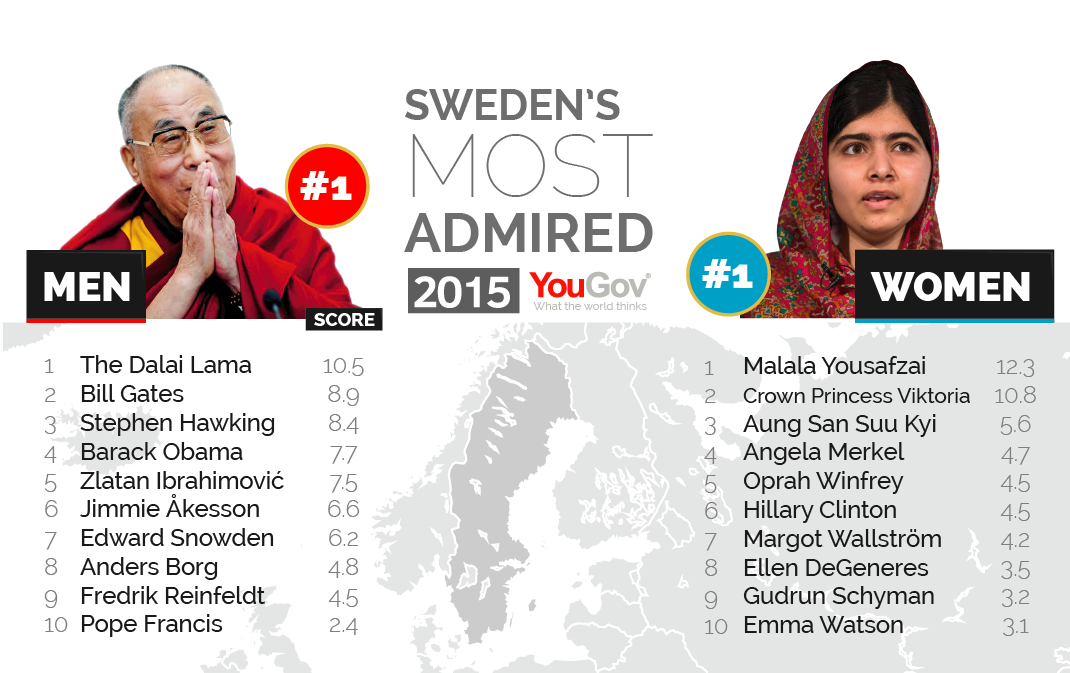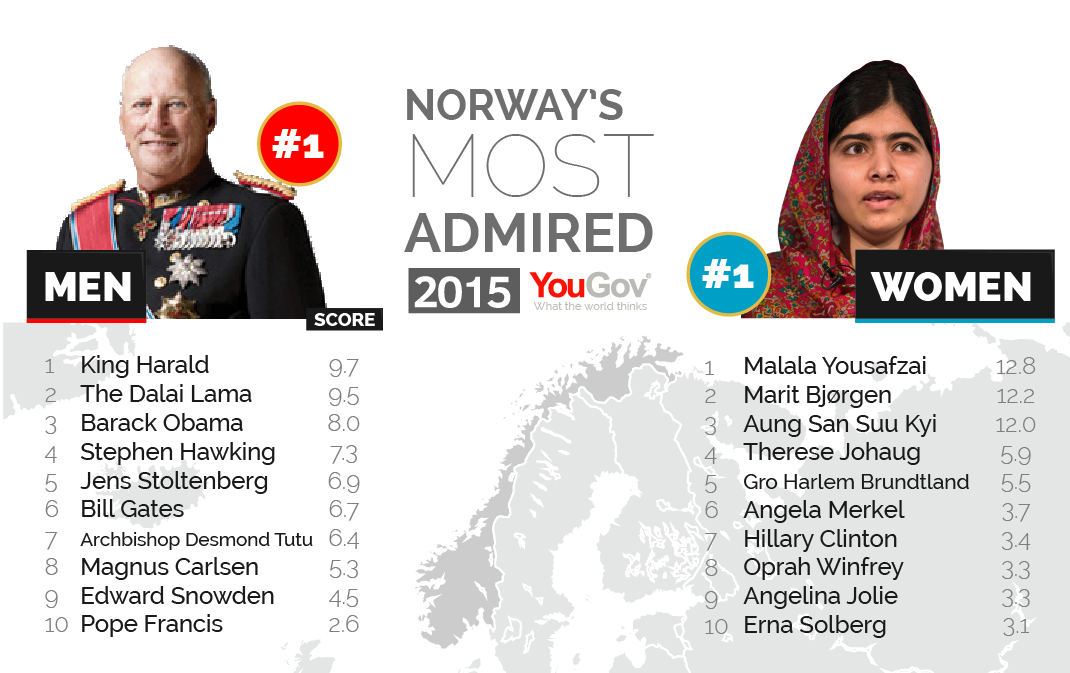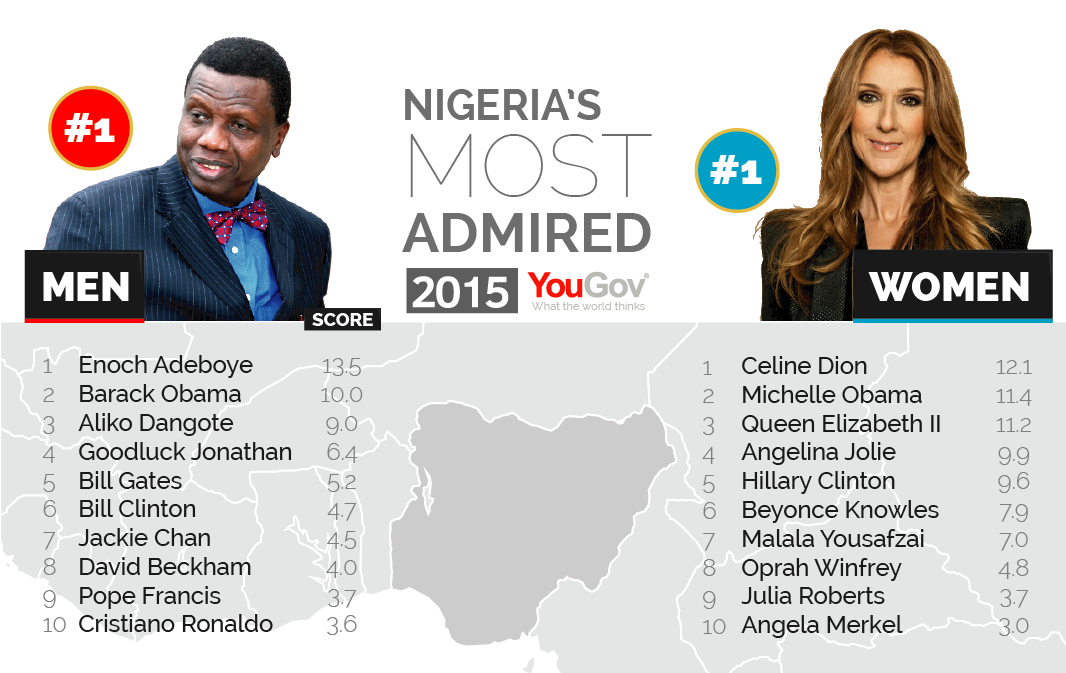BEIJING — "Je suis Charlie," Facebook’s founder Mark Zuckerberg wrote as he made a passionate defense of free speech this month, arguing that extremists would never be able to silence other voices and opinions on his social media platform.
But Tibetan writer and dissident Tsering Woeser says her experience with Facebook tells a different story, after the video of a Tibetan self-immolation was deleted and a fellow dissident’s account temporarily suspended last month. Zuckerberg, Woeser wrote, is “not exactly being honest about defending freedom of expression,” as he tries to make more money by getting a block on his service lifted in China.
Zuckerberg won fans when he showed off his Mandarin skills on a visit to Beijing last October, but subsequently came in for criticism when China’s Internet czar, Lu Wei, visited Facebook’s Silicon Valley offices. The two men were photographed laughing together, with a copy of a new book by Chinese President Xi Jinping displayed on Zuckerberg’s desk. Facebook’s CEO was reported to have told a Chinese news site that he had read the book and bought copies for colleagues because he “wanted them to understand socialism with Chinese characteristics.”
The question of how far Zuckerberg was ready to go to curry favor with the Communist Party resurfaced late last month, when Woeser posted a disturbing video of a Tibetan monk setting himself alight outside a police station in protest at Chinese rule, only to have it deleted by a Facebook administrator, “because it didn’t meet community standards.”
Then, writer Liao Yiwu was reported to have complained that his Facebook account had been suspended after he published two photographs of an artist’s nude protest in Stockholm, Sweden, against the continued imprisonment of Nobel Peace Prize Laureate Liu Xiaobo.
Facebook responded to Woeser’s original complaint by saying that some users object to graphic videos, and that it was working hard “to balance expression and safety.” It said it was also working to give people additional controls over what content they see, adding: "We do not currently have these tools available and as a result we have removed this content."
After her complaint, Woeser was able to re-post the video a few days later, and continues to write freely on her Facebook page about Tibet and other issues. The suspension of Liao’s account has also been lifted, and some commentators have backed Facebook's explanation that it was merely applying its own rules on graphic content and nudity.
But when Zuckerberg posted a defense of free speech in the wake of the attack on the office of Charlie Hebdo in Paris, the debate resurfaced.
“A few years ago, an extremist in Pakistan fought to have me sentenced to death because Facebook refused to ban content about Mohammed that offended him,” Zuckerberg wrote in a post that has attracted 435,00 likes and more than 45,000 shares. "We stood up for this because different voices — even if they're sometimes offensive — can make the world a better and more interesting place.”
And, in what sounded like a response to Woeser’s criticism, Zuckerberg said Faecbook had always been a place where people across the world share their views and ideals. “We follow the laws in each country, but we never let one country or group of people dictate what people can share across the world.”
Woeser said she gave Facebook credit for lifting its ban on the video and Liao’s account. “Still, I find Zuckerberg’s statement disingenuous and somewhat opportunist," she wrote." Some of my friends are of the opinion that Zuckerberg wanted to score points in light of the terrorist attack against French cartoonists, but we must remind him: If you are not afraid of death for the sake of freedom of expression, you shouldn’t be afraid of the CCP (Chinese Communist Party) for the sake of making money in China.”
Other companies including LinkedIn and Microsoft have been criticized by free speech advocates for caving into Chinese pressure to censor material in order to retain a position in the Chinese market. But whatever Zuckerberg does, many observers believe it is unlikely Chinese authorities will lift their ban on Facebook for the foreseeable future, especially as they engage in ever tighter controls over freedom of expression on the Internet. Nor would Zuckerberg be able to bend far enough to satisfy Chinese authorities without losing credibility elsewhere in the world, even if he wanted to.
Lu Wei, who has presided over that tightening of controls in China, was adamant last month that domestic policy here was not about to change. “I didn’t say Facebook could not enter China, but nor did I say that it could,” he said, according to People’s Daily. “Foreign companies can come to China if they abide by China's laws and regulations.”
“There are two bottom lines concerning law and regulations, one is that China's state interest cannot be damaged. The other is China's consumers' interest cannot be damaged. What we don't allow is that, some companies occupy China's market, make money from China and then also hurt China.”
